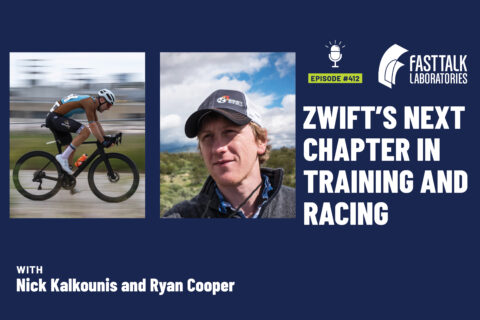
Zwift’s Next Chapter in Training and Racing
Zwift revolutionized indoor training, but they didn’t stop there. We talk with Nick Kalkounis and Ryan Cooper about both the history and future of Zwift’s innovations.
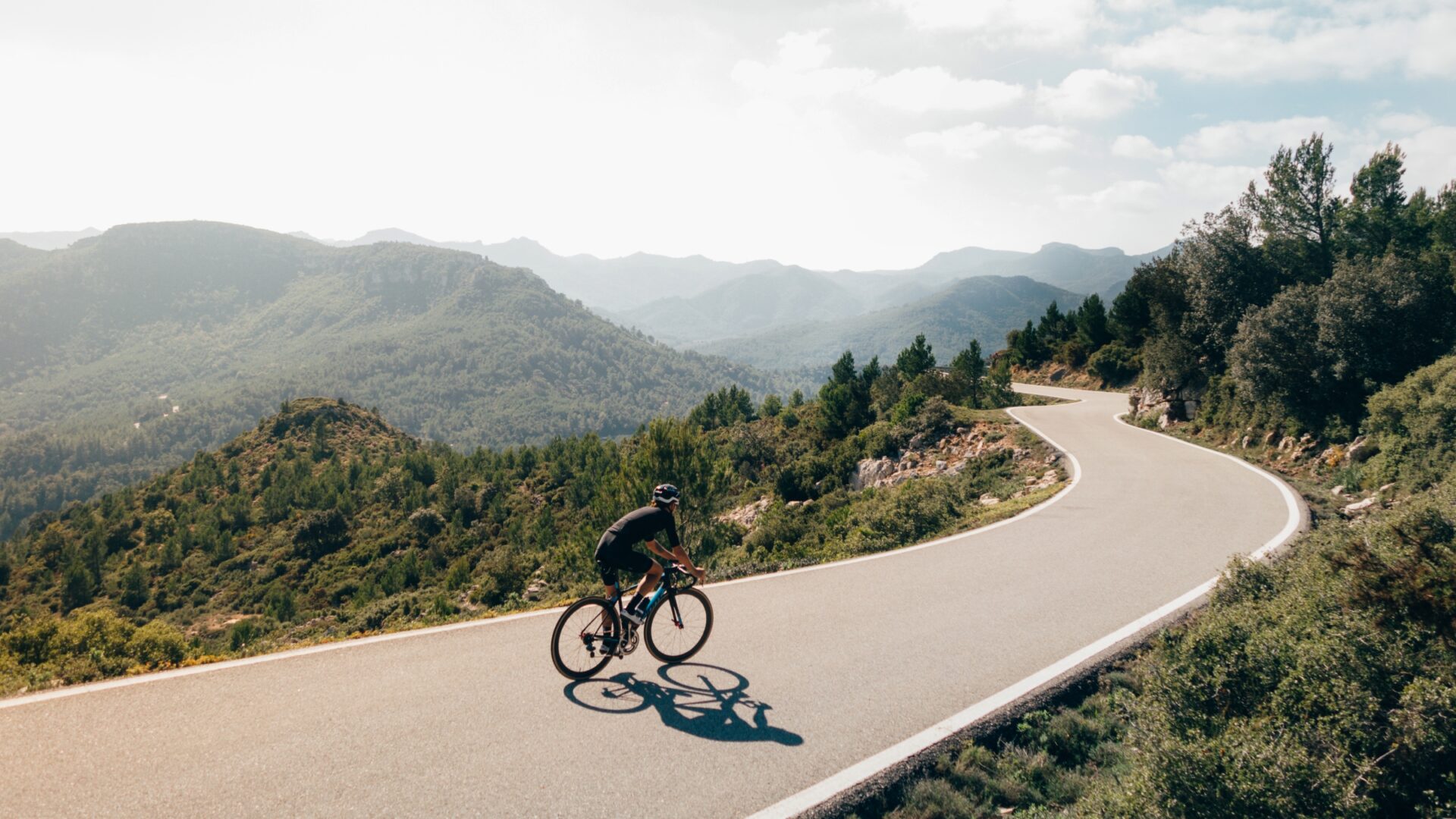

Zwift revolutionized indoor training, but they didn’t stop there. We talk with Nick Kalkounis and Ryan Cooper about both the history and future of Zwift’s innovations.

Based on their recent research article, the Seilers discuss the proliferation of training zone systems and compare them to the highly touted Norwegian five-zone model.
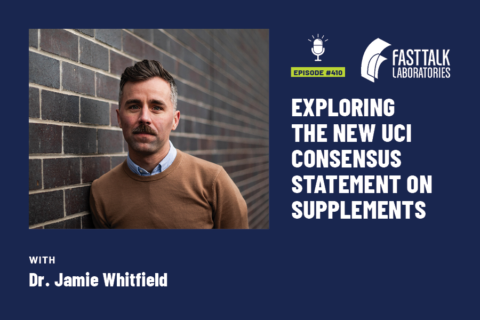
Some of the top sports physiologists in the world, led by Dr Louis Burke just wrote the UCI’s position on supplements. Lead author Jamie Whitfield joins us to discuss their recommendations.
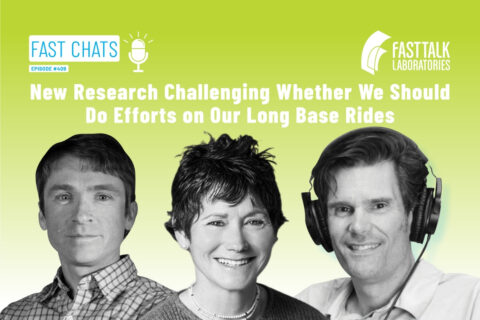
Purists say never do efforts on long base rides, but recent research is challenging whether a few efforts really do any harm. More importantly, can doing some neuromuscular work help?

In this week’s potluck episode, we discuss when and how to best use average power from our rides, whether there’s a ceiling to our VO2max capacity, and how we can replicate success from season to season.
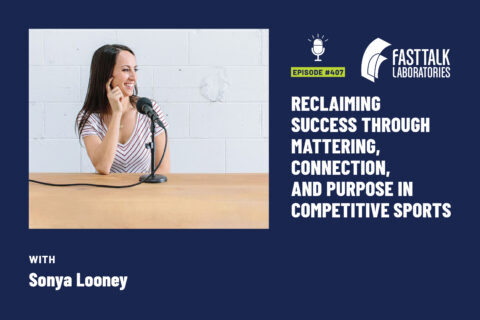
Mattering is the experience of adding value and feeling valued, both to the self and interpersonally. It’s the feeling of being seen, heard, valued, and needed. It’s a psychological need and a human instinct, but is rarely discussed in performance contexts.

Technology has penetrated deep into the wilds of the world, be it with GPS, satellite communications, drones, or other forms of gadgetry. Adventure photographer and endurance athlete Chris Burkard breaks down how tech is impacting our wild sides.
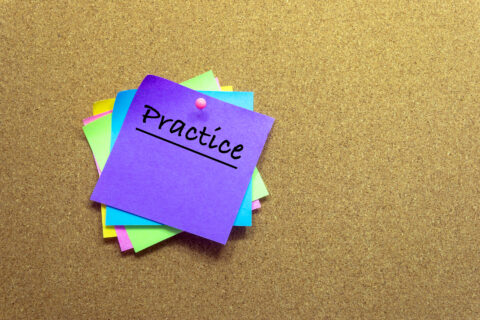
Understanding the distinction between training fitness and practicing sport can lead to great overall performance gains.
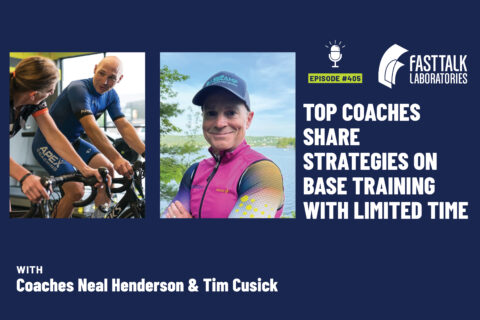
The truth about base training for time-crunched cyclists—what to cut, what to keep, and what actually moves the needle.

In this course for coaches, exercise physiologist Dr. Paul Laursen reveals the four physiological pathways that drive the fitness-boosting adaptations from training.
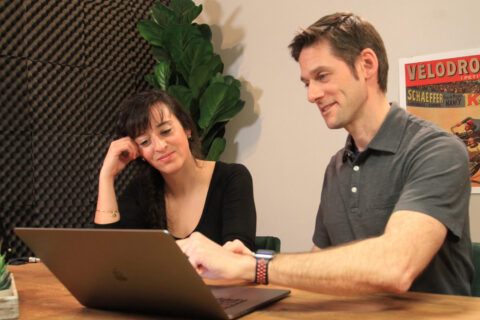
Upgrade your client conversational skills! This course shows how to communicate confidently with athletes, set clear expectations, and handle tough conversations with professionalism.
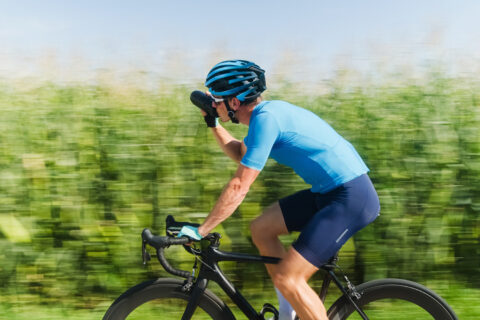
Sports nutrition experts Ryan Kohler and Trevor Connor show how to create personalized race-day sports nutrition plans that match the energy needs of your athletes given the demands of their chosen events. This course explores case studies including the Leadville Trail 100 MTB and draws from research by Dr. Iñigo San Millán.
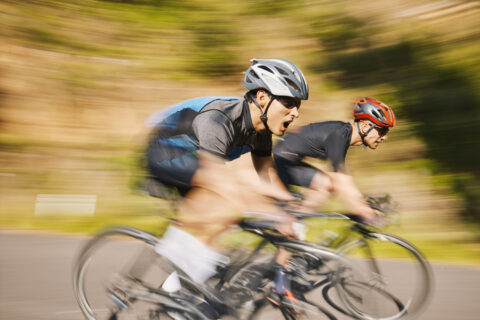
This course shows the basics of when and how to use HIT, based on the latest science and insights from Dr. Stephen Seiler.
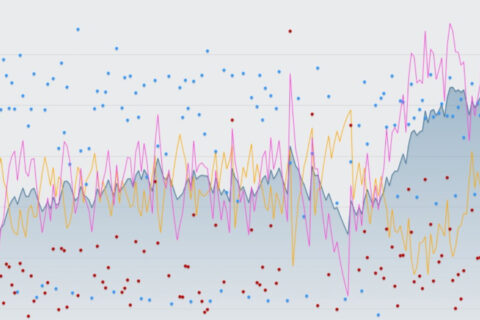
This course shows cycling coaches how to read the most important power metrics, understand what they mean for a workout and in the context of weeks and months of training, and then transform this power-based analysis into clear coaching decisions.

Most training plans succeed at workouts and fail at recovery. This online course shows how to make recovery a key, active ingredient in your training plans, so athletes absorb workouts more effectively.

In a world where AI hype is boundless, this course from Dr. Paul Laursen of Athletica.ai reveals real world ways coaches can leverage AI for their athletes and shows why human coaches are critical to athlete success.
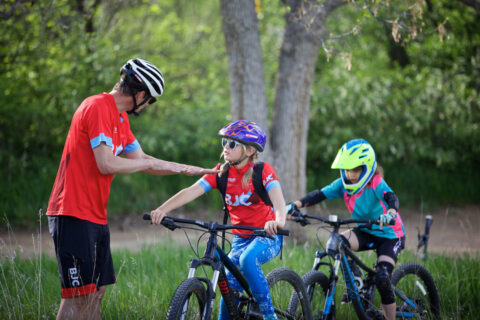
This course shows how to create better youth cycling team cultures to help young riders thrive instead of just surviving practices and races. Tapping expert sources like Dr. Jennifer Harris, the Positive Coaching Alliance, and Boulder Junior Cycling’s founder Pete Webber, this course prepares coaches to build the next generation of lifelong cyclists.

One of the Top Experts in the world on protein joins us to talk about why athletes need protein and whether we’re getting too much or too little.